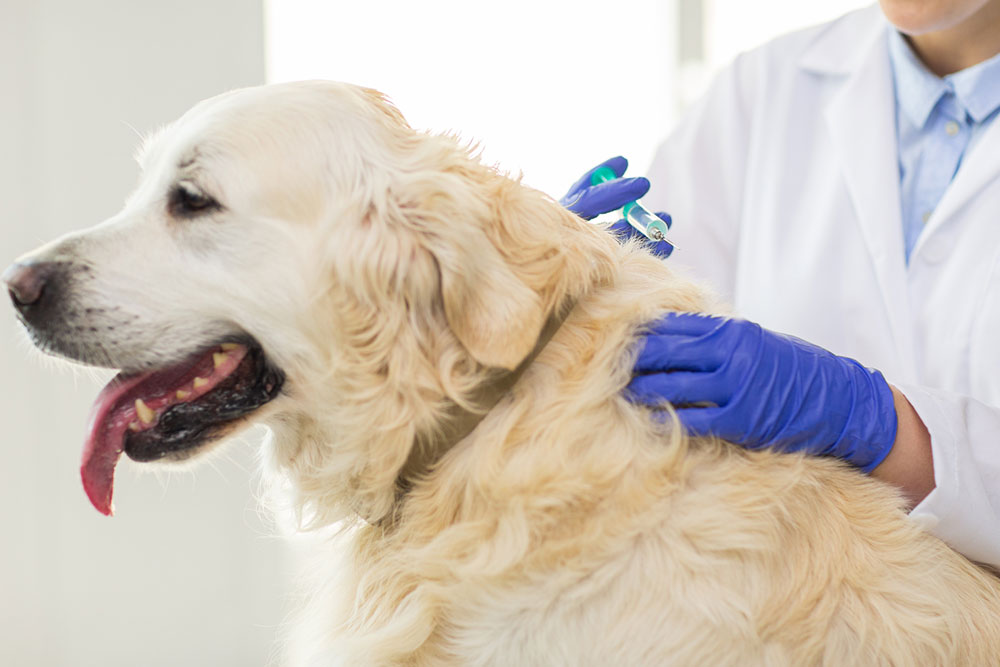Comprehensive Guide to Pet Medications for Optimal Care
This comprehensive guide explains different pet medications, including antibiotics, antifungals, and hormonal treatments, and offers practical tips for administration. It emphasizes the importance of veterinarian consultation and provides resources for purchasing medicines affordably. Designed for pet owners, the article highlights effective treatment strategies and safe administration methods to ensure pets remain healthy and comfortable.

Comprehensive Guide to Pet Medications for Optimal Care
Understanding various types and categories of pet medicines, whether over-the-counter or prescription, is essential. Always consult a veterinarian to discuss treatment options for conditions ranging from minor infections to serious hormonal disorders:
Antimicrobial medications for pets
These drugs combat bacterial, viral, fungal, and protozoal infections in animals. Veterinarians prescribe topical or oral forms based on the ailment.
Antibacterial drugs
They inhibit bacterial growth, helping treat respiratory issues, skin infections, urinary problems, and dental diseases. They are also used for gastrointestinal issues, periodontal disease, and soft tissue infections.
Antiviral drugs
Designed to stop viruses from multiplying, these medications help alleviate symptoms associated with upper respiratory, skin, urinary, and gastrointestinal infections.
Antifungal treatments
Fungal infections like ringworm, yeast issues, and skin infections can be managed with antifungal medications that destroy fungal cell walls, promoting tissue repair.
Anti-protozoal medicines
These target microorganisms like Giardiasis, coccidiosis, and blood parasites such as Haemobartonellosis, preventing their growth by damaging their DNA.
Endocrine therapies for pets
Hormonal disorders like diabetes, hyperthyroidism, hypothyroidism, Addison's, and Cushing's diseases require specific medications.
Diabetes management
Symptoms such as weight loss, frequent urination, and excessive thirst are controlled with insulin. Insulin requires a veterinarian’s prescription.
Addison's treatment
Imbalances in sodium and potassium may cause Addison’s disease, managed with prescribed enzyme supplements and mineralocorticoids, available only with a vet’s guidance.
Cushing’s disease therapy
Excess cortisol production can be suppressed with adrenal medications or monoamine oxidase inhibitors, helping reduce symptoms like increased appetite and abdominal swelling. Consultation with a vet is essential to choose the right therapy.
Tips for giving pet medication
Handling uncooperative pets can be challenging. Creative methods include:
Pill pockets
These flavored, nutritious treats mask the taste of medications, making administration easier. Brands like GREENIES™ PILL POCKETS™ come in various flavors.
Crushing pills into food
Mixing medications with tasty pet food can simplify giving oral medicines. Always verify with a vet if the medication’s coating permits crushing.
Pill forceps
These devices help place pills directly at the back of the pet’s mouth, ensuring ingestion without discomfort.
To purchase medications, websites like 1800petmeds, GoodRx, and PetCareRx are reliable options. Many offer coupons and discounts for bulk buying. Additional savings are available via pet medication discount cards and online coupon platforms such as PetDrugCard, DiscountDrugNetwork, and RXSavingsPlus.
Note:
Our blog provides valuable and practical information across various categories. While our research aims to inform, it should not replace professional veterinary advice. The accuracy and offers listed may vary, so consult your veterinarian for personalized recommendations and the latest discounts.










